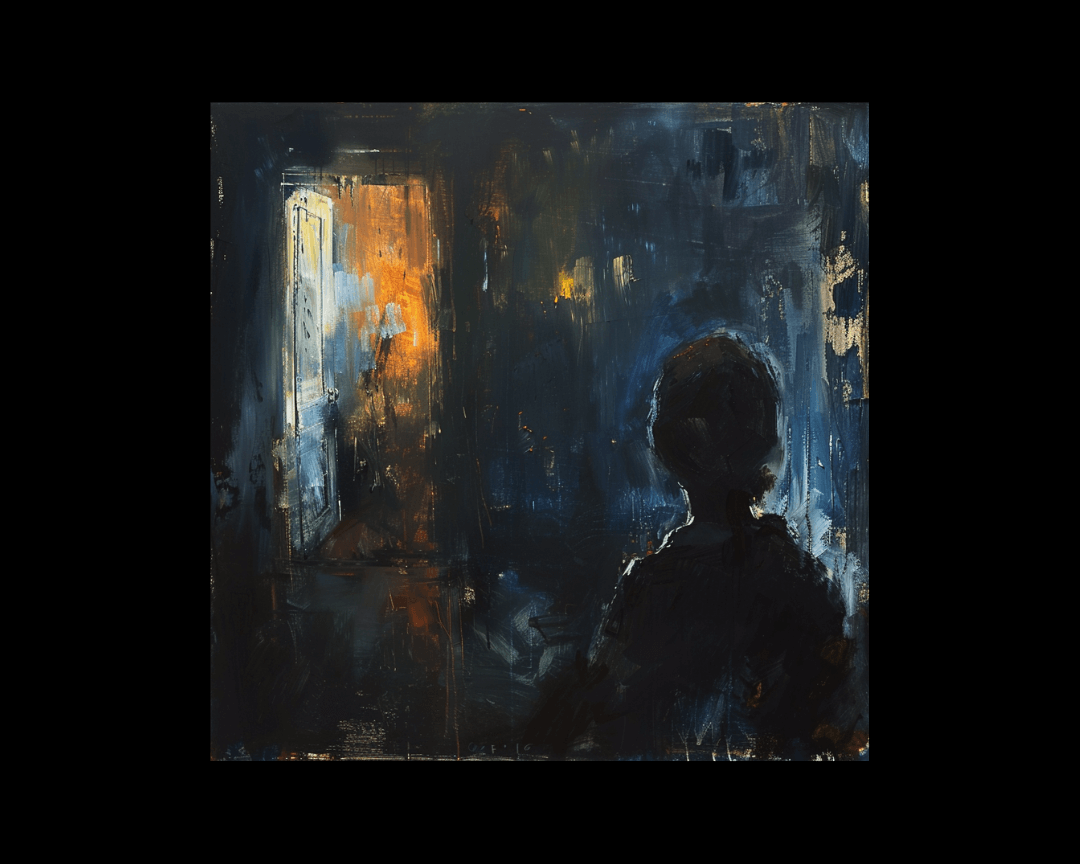Participating in storytelling contests offers writers a platform to showcase their talents, gain recognition, and potentially earn rewards. Here are 20 notable storytelling contests to consider entering in 2025, along with essential details for each:
1. Planet Forward Storyfest 2025
- Where to Apply: Submit entries through the Planet Forward website.
- Entry Fee: Free.
- Decision-Making Process: Submissions are evaluated based on storytelling excellence and alignment with environmental themes.
- Prizes: Winners receive recognition and may have opportunities to present their stories at events.
- Tips: Craft compelling narratives that inspire and motivate change, focusing on environmental innovation.
2. Writer’s Digest Short Short Story Competition
- Where to Apply: Enter via the Writer’s Digest submission portal.
- Entry Fee: $25.
- Decision-Making Process: Judges assess entries for creativity, originality, and adherence to the 1,500-word limit.
- Prizes: First place wins $3,000, a feature in Writer’s Digest magazine, and a paid trip to the Writer’s Digest Conference.
- Tips: Ensure your story is concise and engaging, with a strong opening to captivate readers.
3. Next Generation Short Story Awards
- Where to Apply: Submit through the official website.
- Entry Fee: $25 (early-bird specials may apply).
- Decision-Making Process: Entries are judged on originality, storytelling quality, and adherence to guidelines.
- Prizes: Cash prizes, gold medals, inclusion in a published anthology, and exposure at the awards gala.
- Tips: Take advantage of early-bird specials for discounted entry fees. Ensure your story is polished and aligns with the contest's themes.
4. Commonwealth Short Story Prize
- Where to Apply: Submit entries via the Commonwealth Foundation website.
- Entry Fee: Free.
- Decision-Making Process: Regional judges evaluate stories for originality and quality.
- Prizes: £5,000 for the overall winner; regional winners receive £2,500.
- Tips: Highlight unique cultural elements in your storytelling, and remember that stories can be in regional dialects as long as they are accessible to an international audience.
5. The Sunday Times Clue Writing Contest
- Where to Apply: Submit via email as per the contest's instructions on The Times website.
- Entry Fee: Free.
- Decision-Making Process: Entries are judged on creativity and adherence to cryptic crossword conventions.
- Prizes: Winners receive recognition and publication in The Sunday Times.
- Tips: Familiarize yourself with cryptic crossword conventions and review past winning entries for insight.
6. Tales of Transformation Storytelling Contest
- Where to Apply: Submit stories through the Peace Corps website.
- Entry Fee: Free.
- Decision-Making Process: Stories are evaluated on authenticity, inspiration, and storytelling elements.
- Prizes: Winners present their stories live at the Kennedy Center’s Millennium Stage.
- Tips: Craft authentic and inspiring stories that motivate individuals to become part of the Peace Corps network.

7. The Bridport Prize
- Where to Apply: Enter via the Bridport Prize website.
- Entry Fee: Varies by category.
- Decision-Making Process: Judges assess entries for originality, quality, and adherence to category guidelines.
- Prizes: Cash prizes up to £5,000 and publication opportunities.
- Tips: Avoid overused themes and explore fresh topics with a unique voice.
8. Bath Short Story Award
- Where to Apply: Submit through the Bath Short Story Award website.
- Entry Fee: £9.
- Decision-Making Process: Entries are judged anonymously on storytelling quality and originality.
- Prizes: £1,200 for first place, with additional prizes for runners-up.
- Tips: Ensure your story is well-crafted and edited, with a compelling narrative arc.
9. The Mogford Prize for Food & Drink Writing
- Where to Apply: Submit via the Mogford Prize website.
- Entry Fee: £15.
- Decision-Making Process: Stories are judged on their connection to food and drink themes and storytelling quality.
- Prizes: £10,000 for the winning entry and publication in a major newspaper.
- Tips: Focus on sensory details and the emotional resonance of food or drink in your story.
10. The Alpine Fellowship Writing Prize
- Where to Apply: Submit online through the Alpine Fellowship website.
- Entry Fee: Free.
- Decision-Making Process: Entries are judged on originality and adherence to the annual theme.
- Prizes: £10,000 for the winner and invitations to the fellowship’s annual symposium.
- Tips: Focus on philosophical themes with originality and clarity, keeping the yearly theme in mind.
11. Fish Short Story Prize
- Where to Apply: Submit via the Fish Publishing website.
- Entry Fee: €20.
- Decision-Making Process: Stories are assessed by prominent literary judges for creativity and narrative quality.
- Prizes: Cash prize of €3,000 and publication in the Fish Anthology.
- Tips: Emphasize storytelling depth and originality, as Fish Publishing values strong literary qualities.
12. The Raymond Carver Short Story Contest
- Where to Apply: Submit on the Carve Magazine website.
- Entry Fee: $20.
- Decision-Making Process: Judged on literary merit and adherence to Carver’s legacy of realism and emotional resonance.
- Prizes: $2,000 for first place, publication in Carve Magazine, and a free subscription.
- Tips: Write with authenticity and aim for nuanced character exploration, a hallmark of Carver’s style.
13. Missouri Review Jeffrey E. Smith Editors' Prize
- Where to Apply: Submit through the Missouri Review website.
- Entry Fee: $25.
- Decision-Making Process: Editors select works based on originality and literary quality.
- Prizes: $5,000 and publication in the Missouri Review.
- Tips: Focus on compelling storytelling that balances structure with innovative prose.
14. New York Times Modern Love College Essay Contest
- Where to Apply: Submit via the New York Times Modern Love section.
- Entry Fee: Free.
- Decision-Making Process: Essays are chosen based on authenticity and emotional resonance.
- Prizes: Publication in the New York Times and a cash award.
- Tips: Share personal experiences with vulnerability, focusing on love in its many forms.
15. Aesthetica Creative Writing Award
- Where to Apply: Submit on the Aesthetica Magazine website.
- Entry Fee: £18.
- Decision-Making Process: Evaluated on innovation, narrative style, and artistic vision.
- Prizes: £2,500, publication, and exposure in Aesthetica Magazine.
- Tips: Explore experimental storytelling styles that push the boundaries of traditional narratives.
16. Lorian Hemingway Short Story Competition
- Where to Apply: Submit through the Lorian Hemingway website.
- Entry Fee: $15.
- Decision-Making Process: Stories are evaluated for literary quality and compelling narrative arcs.
- Prizes: $1,500 for first place and publication.
- Tips: Aim for a story that resonates emotionally with readers while exploring character depth.
17. Bath Flash Fiction Award
- Where to Apply: Enter through the Bath Flash Fiction Award website.
- Entry Fee: £9.
- Decision-Making Process: Stories are judged on narrative clarity, creativity, and brevity.
- Prizes: £1,000 for first place and publication in the Bath Flash Fiction anthology.
- Tips: Focus on concise yet powerful storytelling that captivates within a limited word count.
18. WOW! Women on Writing Creative Nonfiction Essay Contest
- Where to Apply: Submit through the WOW! website.
- Entry Fee: $10.
- Decision-Making Process: Judged on originality, voice, and storytelling finesse.
- Prizes: $500 for first place, publication, and various writing resources.
- Tips: Emphasize a unique voice and strong narrative structure to engage readers.
19. Stella Kupferberg Memorial Short Story Prize
- Where to Apply: Submit through Gotham Writers.
- Entry Fee: $25.
- Decision-Making Process: Stories are evaluated based on originality, craft, and narrative cohesion.
- Prizes: $1,000 and the chance to have the story read by a celebrity at a live event.
- Tips: Work on creating a strong opening, as this contest favors narratives that hook readers from the start.
20. The Bristol Short Story Prize
- Where to Apply: Submit entries on the Bristol Prize website.
- Entry Fee: £9.
- Decision-Making Process: Judges select stories based on originality and narrative quality.
- Prizes: £1,000, publication in an anthology, and exposure in literary circles.
- Tips: Avoid common tropes and write a story with a unique perspective or voice that stands out.
Final Tips for Storytelling Contest Success
- Read Past Winners: Familiarize yourself with past winning entries to understand the contest’s style and expectations.
- Follow Guidelines Closely: Ensure your submission adheres to all word limits, formatting requirements, and thematic guidelines.
- Edit and Proofread Thoroughly: Polished entries are more likely to stand out. Edit for both grammar and style.
- Submit Early: Avoid last-minute submissions to prevent technical issues or oversights.
- Tell a Unique Story: Judges look for originality and voice, so focus on making your story authentic and compelling.
Entering storytelling contests is an excellent way to hone your craft, receive feedback, and gain recognition. With these 20 contests, you have a range of opportunities to share your work with a wider audience and compete for valuable prizes. Best of luck!



.png)